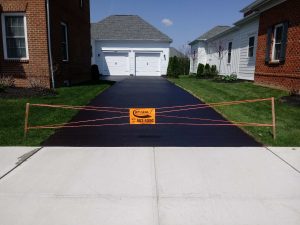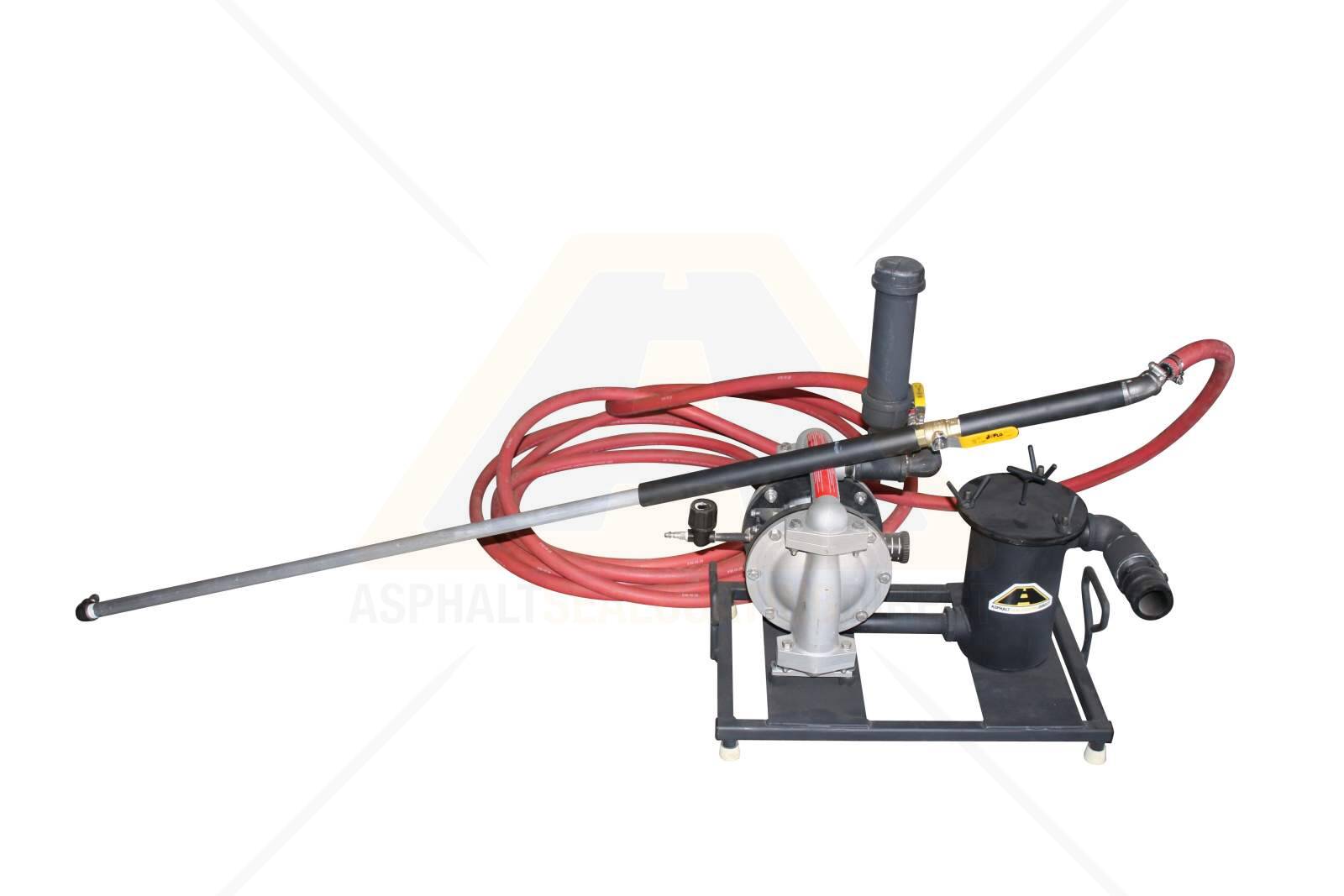Enhance Longevity: Warm Mix Asphalt Sealing for Angled Parking Frameworks
Enhance Longevity: Warm Mix Asphalt Sealing for Angled Parking Frameworks
Blog Article
Hot Mix Asphalt: A Lasting Service for Sidewalk
Warm Mix Asphalt (HMA) has emerged as a leading sustainable selection for pavement remedies, providing a myriad of innovative innovations and environmental benefits. Its capability to recycle materials and minimize power intake presents a compelling case for its adoption in road building and construction tasks. In addition, the long-term performance and durability of HMA make it a recommended choice for facilities development. As the demand for green building and construction methods grows, exploring the subtleties of HMA's sustainability can supply important understandings right into the future of pavement services.
Ecological Benefits of Warm Mix Asphalt

Additionally, Warm Mix Asphalt assists to minimize metropolitan heat island results. Its dark color absorbs sunshine, decreasing the quantity of heat showed back into the environment contrasted to lighter-colored pavements. This can decrease ambient temperatures in city areas, reducing the need for a/c and ultimately minimizing energy intake.
In enhancement, Hot Mix Asphalt contributes to enhanced stormwater monitoring. Its porous nature enables water to charge and infiltrate the sidewalk groundwater materials, minimizing drainage and the threat of flooding. These environmental benefits make Hot Mix Asphalt a sustainable choice for paving highways and roads.
Energy Effectiveness in HMA Production
Is energy performance a critical variable in the production of Warm Mix Asphalt (HMA)? Absolutely. Power plays a substantial role in the production of HMA, impacting both price and ecological sustainability. One vital facet of power performance in HMA manufacturing is using warm mix asphalt (WMA) technologies (regrading). WMA permits the mixing and placement of asphalt at lower temperature levels contrasted to typical warm mix asphalt, leading to minimized power usage throughout production. This process not only decreases fuel usage but also lowers greenhouse gas emissions, making it a more environmentally friendly alternative.
Furthermore, advancements in plant technologies have actually caused more energy-efficient HMA manufacturing procedures. Modern plants are created with functions like recycled asphalt sidewalk (RAP) processing capabilities, reliable burner systems, and enhanced insulation, all adding to energy cost savings. By optimizing energy usage in HMA manufacturing, the market can lower its carbon impact while preserving top notch pavement products. Power efficiency is, as a result, a critical consideration in making sure the sustainability of Warm Mix Asphalt manufacturing.
Recyclability of Warm Mix Asphalt
The recyclability of Hot Mix Asphalt (HMA) is a pivotal facet of its sustainability and long-lasting environmental impact. HMA is among the most recycled materials in the United States, with over 100 million lots of reclaimed asphalt pavement (RAP) being recycled yearly in new pavement construction. Reusing visit this site right here HMA supplies a number of ecological benefits, such as decreasing the requirement for virgin materials, reducing power usage during manufacturing, and decreasing the amount of waste sent to landfills.
The process of reusing HMA includes crushing the existing pavement, crushing it right into smaller sized items, and mixing it with new accumulation and asphalt binder to create a recycled mix. This recycled mix can typically perform in addition to or perhaps far better than standard HMA, while calling for fewer raw materials and creating reduced greenhouse gas exhausts. By including RAP into new pavement tasks, roadway firms can conserve natural resources, lower costs, and reduce the environmental impact of road construction and visit this website maintenance activities. In general, the recyclability of HMA plays a substantial role in promoting lasting methods within the sidewalk market.

Long-Term Performance of HMA
Asphalt pavements show sturdiness and strength over a prolonged duration, reflecting the long-lasting efficiency of Hot Mix Asphalt (HMA) In addition, developments in HMA modern technology, such as the use of polymer-modified binders and warm mix asphalt, have actually even more boosted the durability and durability of HMA sidewalks. By prioritizing high quality building and construction and maintenance methods, HMA proceeds to show itself as a economical and sustainable service for durable sidewalk facilities.

HMA: Resilience and Sustainability
Demonstrating both durability and click resources sustainability, Warm Mix Asphalt (HMA) has actually ended up being a foundation in the construction of long-lasting sidewalk facilities - angled parking. HMA's durability originates from its capability to withstand heavy lots, severe weather, and high website traffic volumes, making it a trusted option for roadways, highways, and airport terminal runways. The make-up of HMA, which generally consists of aggregates, binder, and filler, plays an essential duty in enhancing its durability and resistance to deterioration
In addition, HMA's sustainability lies in its recyclability and energy-efficient production procedure. The ability to reuse recovered asphalt sidewalk (RAP) in new HMA mixes minimizes the need for virgin materials and lessens the ecological impact of pavement building and construction and upkeep. Additionally, the energy efficiency of creating HMA hinges on its lower blending temperatures contrasted to various other sidewalk materials, leading to reduced energy usage and greenhouse gas discharges.
Verdict
To conclude, warm mix asphalt (HMA) provides a lasting solution for pavement with its ecologically pleasant qualities. HMA's recyclability, power performance in manufacturing, and lasting resilience make it an environment-friendly selection for roadway building and construction. By preserving natural deposits, lowering waste, and lowering greenhouse gas emissions, HMA plays an essential role in promoting sustainability in infrastructure development. Its capacity to minimize city warmth island results additionally highlights its relevance in developing ecologically conscious and resilient sidewalk systems.
HMA is one of the most recycled products in the United States, with over 100 million heaps of recovered asphalt pavement (RAP) being reused annually in brand-new sidewalk construction.The process of recycling HMA involves milling the existing sidewalk, squashing it into smaller pieces, and blending it with new accumulation and asphalt binder to produce a recycled mix.Asphalt pavements show durability and strength over an extensive period, mirroring the long-term efficiency of Warm Mix Asphalt (HMA) Furthermore, improvements in HMA technology, such as the usage of polymer-modified binders and warm mix asphalt, have better improved the durability and durability of HMA pavements. The capability to recycle recovered asphalt sidewalk (RAP) in new HMA blends reduces the demand for virgin products and minimizes the environmental influence of pavement building and upkeep.
Report this page